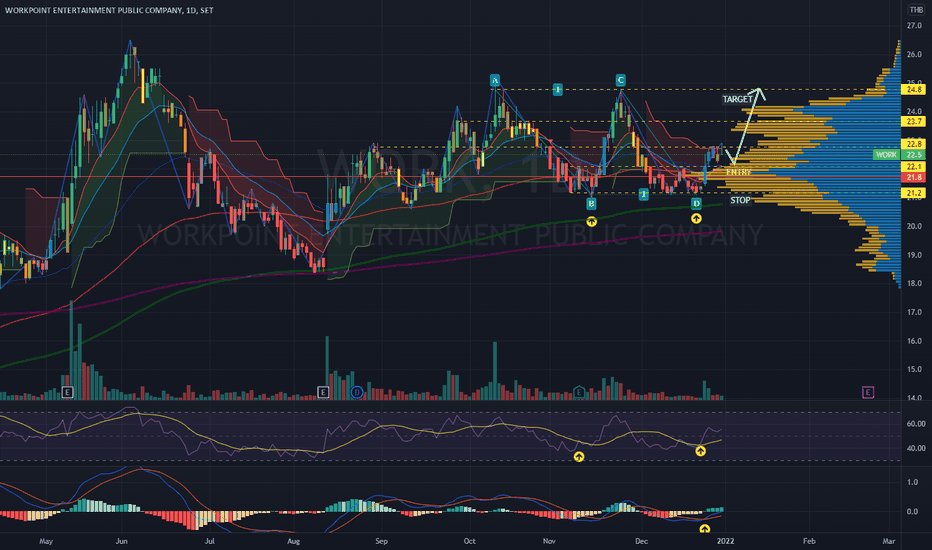Fundamental analysis remains a widely practiced and influential approach among investors and traders for evaluating securities and making informed investment decisions based on intrinsic value and economic factors. Here are the key reasons behind its enduring popularity:

- Long-Term Investment Focus: Fundamental analysis aligns with the goals of long-term investors who seek to build wealth steadily over time by investing in fundamentally sound companies with strong financial health and growth prospects.
- Value Investing Principles: The principles of value investing, popularized by legendary investors like Warren Buffett and Benjamin Graham, emphasize the importance of buying undervalued stocks based on fundamental analysis criteria such as earnings growth potential, management quality, and competitive advantages.
- Stability and Predictability: Fundamental analysis provides a structured framework for evaluating a company’s financial statements, cash flows, and profitability metrics. This stability and predictability appeal to conservative investors looking to minimize risk and preserve capital.
- Diversification Benefits: By analyzing various sectors and industries based on their fundamental attributes, investors can diversify their portfolios effectively. This approach reduces concentration risk and enhances the potential for consistent returns across different market conditions.
- Long-Term Value Recognition: Fundamental analysis helps investors identify stocks trading below their intrinsic value due to temporary market fluctuations or undervaluation. This value recognition can lead to significant gains as market conditions align with the company’s true worth.
- Investor Education and Expertise: Many investors and traders value the educational aspect of fundamental analysis, as it requires understanding economic indicators, financial statements, industry dynamics, and market trends. This knowledge enhances their ability to make informed investment decisions.
- Resilience Against Market Fluctuations: During periods of market volatility or economic uncertainty, fundamental analysis provides a foundation for identifying resilient companies with strong fundamentals that are likely to weather downturns and capitalize on recovery phases.
- Complementary Approach: Fundamental analysis complements other investment strategies, such as technical analysis and macroeconomic analysis, by providing a deeper understanding of a company’s intrinsic value and long-term growth potential.
Conclusion
Fundamental analysis continues to be highly regarded and widely practiced among investors and traders worldwide due to its emphasis on intrinsic value, long-term investment focus, and systematic evaluation of economic and financial data. While it requires diligent research and analysis, its enduring popularity underscores its effectiveness in guiding investment decisions aimed at achieving sustainable growth, income generation, and risk management in dynamic financial marke
